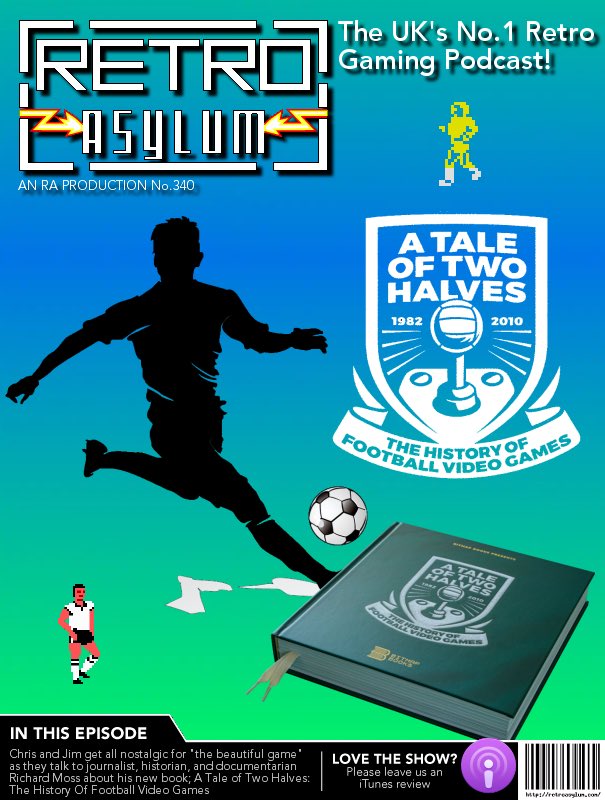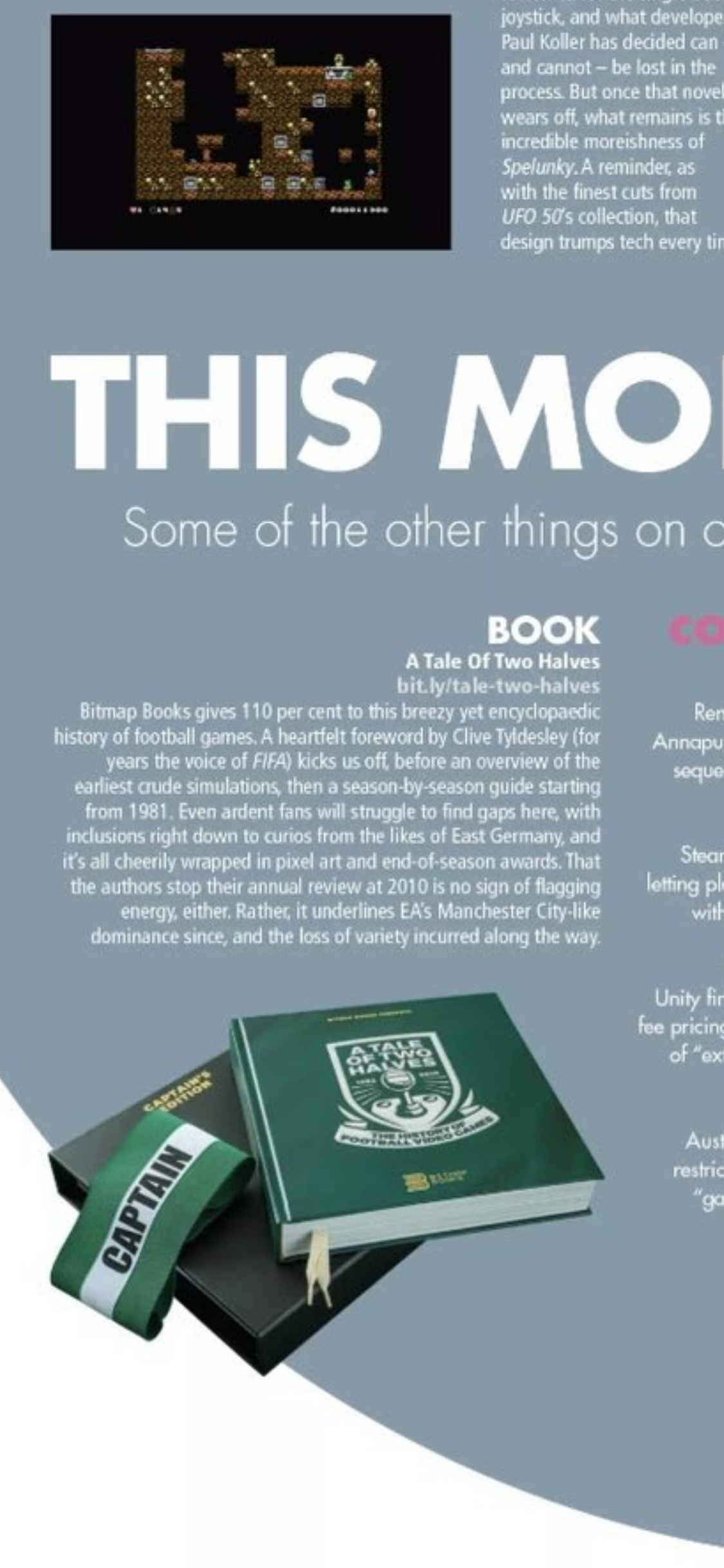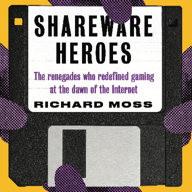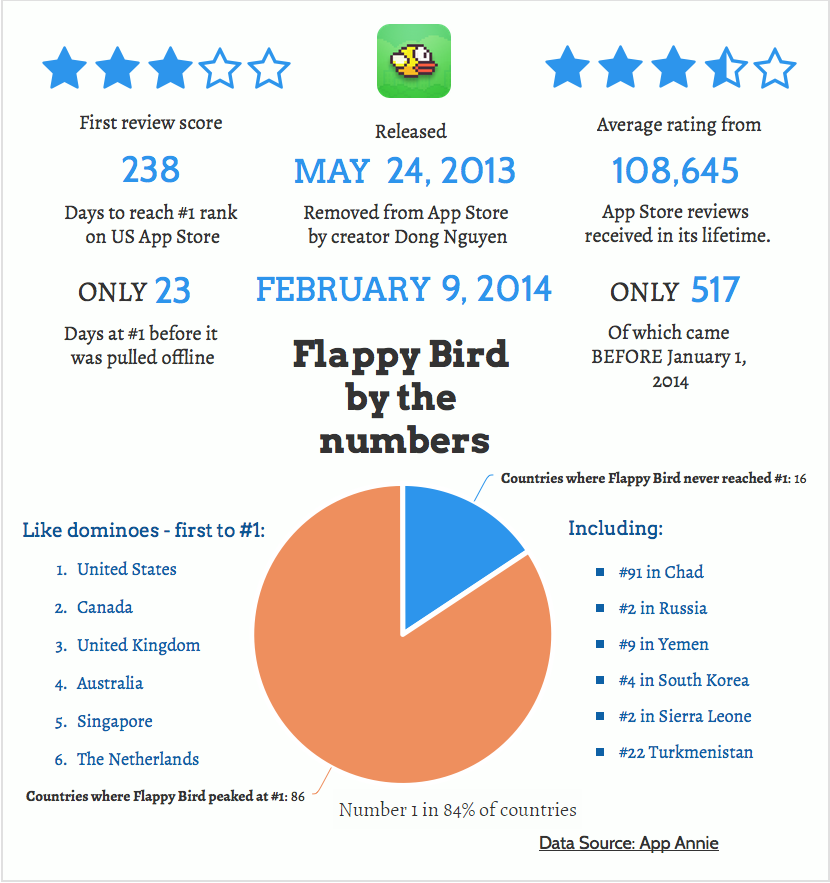https://champman0102.net/viewtopic.php?t=6453
Directing a horror gaming documentary is weird. Sometimes I'm trawling through archival records, other times I'm puzzling out how to craft a compelling story from ~50 interviews. And then there are moments where I'm a digitised Keanu Reaves getting beaten up by flying books. (And I wouldn't have it any other way.)
I had a great time talking on the Retro Asylum podcast about football games, my new book, and the family-centric nature of sports videogame nostalgia. https://retroasylum.com/2024/10/20/episode-340-a-tale-of-two-halves-richard-moss-interview/

@iSabreman Yes, definitely. Even showing restraint and leaving out anything I felt was overly derivative, I still ended up with more than 30 Spectrum football games. There was a point also where I considered going for just 2D titles, since there are hundreds of them, and then leaving 3D for a volume 2, but I really liked the idea of showing the slow, messy transition from 2D to 3D.
And I'm touched by the lovely praise in Time Extension's review of A Tale of Two Halves.
"If you're a fan of footy video games and yearn for the good old days when each week seemed to see the release of a new interactive take on the sport, then you'll absolutely love this; Moss' accessible, knowledgeable but often amusing prose is a joy to read, and brings to life one of the most exciting periods in video game history – an era we're unlikely to ever see again."
https://www.timeextension.com/reviews/a-tale-of-two-halves-the-history-of-football-video-games
Design Week interviewed me about my new book and some of the design insights I've picked up while writing it. https://www.designweek.co.uk/the-greatest-and-strangest-football-video-games/
It's publication day for a dream project of mine: A Tale of Two Halves: The History of Football Video Games, a 628-page book about the many many attempts to distil the beautiful game (association football) into digital interactive entertainment.
A Tale of Two Halves explores 30+ years of football games in all their forms—even platformers like Soccer Kid and GO! GO! Beckham—with a season-by-season breakdown of the genre's history, lots of insight, and plenty of fun stuff like PES player shirts and pixel illustrations. And 13 in-depth interviews, too.
It comes in two flavours: a standard edition, with shoelace bookmark ribbons for a touch of whimsy, and a "Captain's Edition" that adds in a heavy-duty slipcase and swanky fabric armband emblazoned "Captain." Both are available directly from Bitmap.
https://www.bitmapbooks.com/pages/search-results-page?q=tale%20of%20two%20halves
(Or if you're in Australia, you'll save loads on shipping by going to Pixel Crib: https://www.pixelcrib.com.au/search?options%5Bprefix%5D=last&q=tale+of+two+halves)

in 25+ years of retro gaming and interacting with sierra fans, i've never once seen someone mention Hoyle's Book of Games
despite its small stature, it was one of the most financially lucrative sierra titles, and spawned an entire series of games.
what makes it special is that opponents are (for the most part) characters from sierra titles, each playing in a style expressive of the character's personality. graham and rosella are friendly and not overly competitive, larry is silly and aggressive with his cards.
the dog? the dog is a real shithead.

Presumably I’m meant to conclude it’s possessed…or dying. I’m pretty amazed that it lasted this long, given I bought around 2012 as some cheap crappy thing with a dodgy power adapter from Kogan (Aussie Amazon-alike online retailer known for selling unreliable Chinese rebrands).
Having said that, though, I wonder if either the study is non-representative or a large percentage of people with comorbidities avoid leaving the house. Why? Because I’m often the only person wearing a mask when I’m out in public, no matter the venue. (And for me the risk of COVID exposure is less a concern than asthma and allergy triggers.)
thanks to @MossRC’s exceptional book Shareware Heroes, TIL that TUCOWS stood for The Ultimate Collection of Winsock Software.

https://www.theverge.com/2024/9/12/24242791/flappy-bird-relaunch-2025-new-game-modes

